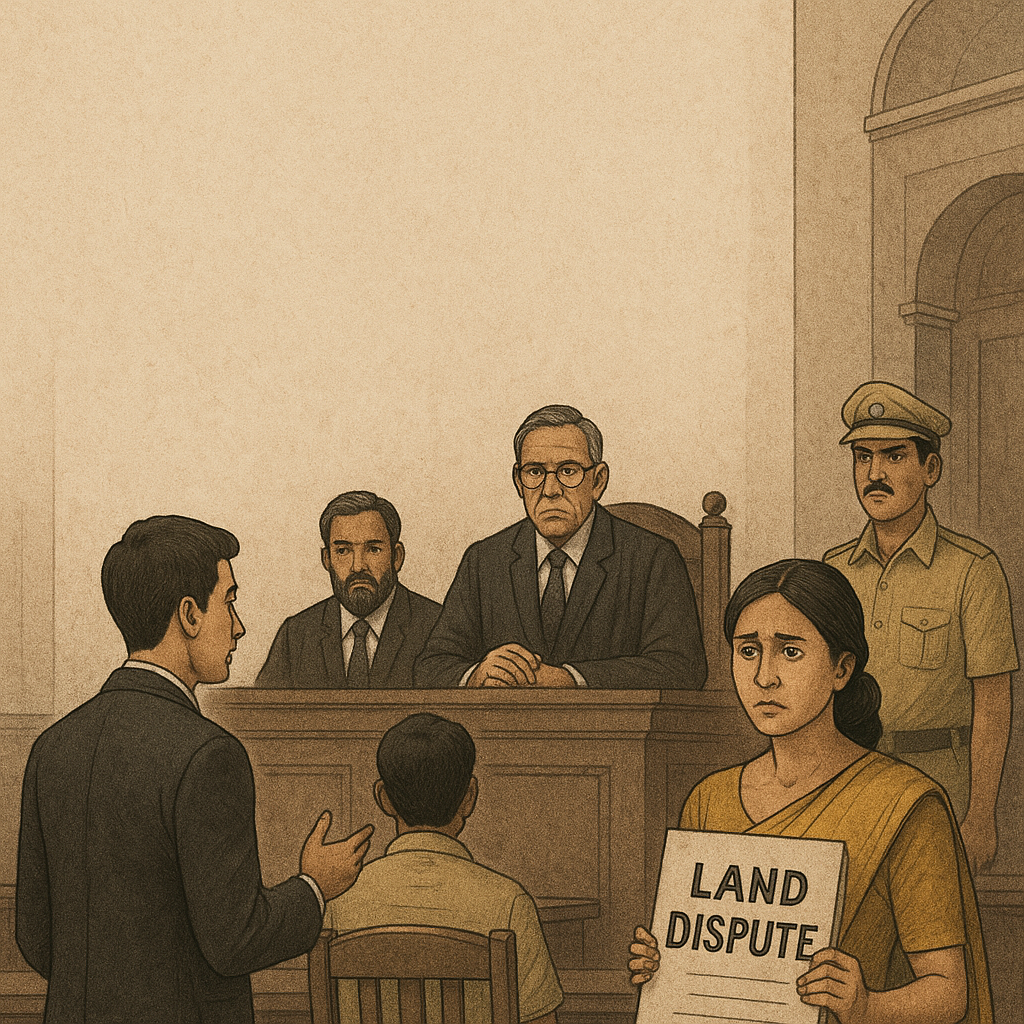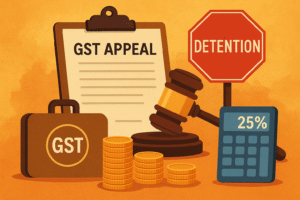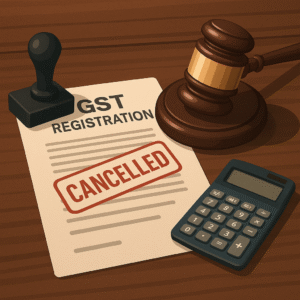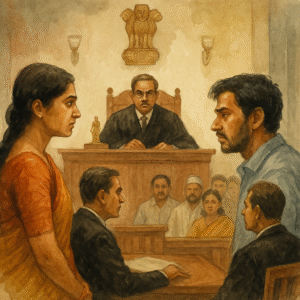Simplified Explanation of the Judgment
In a critical ruling on judicial procedure, the Patna High Court has clarified that a civil court cannot refer questions of law or interpretation of judicial orders under Section 113 of the Code of Civil Procedure (CPC) unless they involve the constitutional validity of an Act, Ordinance, or Regulation. The Court held that a Civil Reference made by the Civil Judge (Senior Division) in Sheohar district was legally misconceived and beyond the scope of Section 113.
The matter arose in Miscellaneous Suit No. 65 of 1993, where the civil court sought interpretation of a prior decree dated 10.07.1973 and subsequent orders of the Hon’ble Supreme Court between the same parties. The lower court made a reference to the High Court, asking for interpretation of both the decree and the Supreme Court’s order dated 10.09.1993 in SLP No.15016/1993. However, the High Court made it clear that such an interpretation does not fall within the purview of Section 113 CPC.
The Supreme Court’s order merely allowed the petitioner to seek legal remedy from an appropriate forum, and no constitutional question was involved. Therefore, the High Court held that interpreting past judicial orders does not qualify as a “question of law” under Section 113, particularly when the matter is otherwise appealable under normal judicial remedies.
Citing several precedents including Banarsi Yadav v. Krishna Chandra Dass (AIR 1972 Pat 49) and State of Jharkhand v. State of Bihar (2015) 2 SCC 431, the High Court reiterated that references under Section 113 must be limited to specific questions involving the validity of a law or regulation—not interpretation of judgments or facts.
Consequently, the High Court declined to answer the reference and returned the case to the trial court, directing it to decide the pending proceedings within three months. Importantly, the Court also stated that it had not expressed any opinion on the merits of the underlying dispute.
Significance or Implication of the Judgment
This judgment provides much-needed clarity on the limited scope of Section 113 CPC, helping prevent unnecessary delays in civil proceedings. It reinforces that civil judges must use reference powers strictly as provided under law, and not as a means to seek interpretation of judgments already passed by higher courts.
For litigants, this means that procedural clarity is essential—interpretation of decrees and Supreme Court orders should be addressed through appropriate appeals or reviews, not civil references. For lower courts, the ruling emphasizes judicial discipline and the importance of avoiding overstepping their referential powers.
It also expedites justice by directing swift disposal of long-pending suits. In this case, a 1973 decree had remained unexecuted despite multiple rounds of litigation, highlighting the urgent need for procedural closure.
Legal Issue(s) Decided and the Court’s Decision
- Whether a civil court can refer a matter under Section 113 CPC for interpretation of an existing decree or Supreme Court order?
- Court’s Decision: No. Such references are beyond the scope of Section 113.
- Does the matter involve constitutional validity of any law as required under the proviso to Section 113 CPC?
- Court’s Decision: No. The reference is not maintainable.
- Whether the civil court acted within its jurisdiction in making the reference?
- Court’s Decision: No. The reference was returned as being legally misconceived.
Judgments Relied Upon or Cited by Court
- Banarsi Yadav v. Krishna Chandra Dass, AIR 1972 Pat 49
- State of Jharkhand v. State of Bihar, (2015) 2 SCC 431
Case Title
Uday Prakash Mishra vs. Poonam Mishra & Ors.
Case Number
Civil Reference No.1 of 2017
Citation(s)
2020 (2) PLJR 599
Coram and Names of Judges
Hon’ble the Chief Justice Sanjay Karol
Hon’ble Mr. Justice S. Kumar
Names of Advocates and who they appeared for
- For the Petitioner: Mr. J.S. Arora (Sr. Advocate), Mr. Sanjeev Kumar Singh, Mr. Ajay Kr. Singh
- For the Respondents: Mr. Uma Kant Shukla, Mr. Shakti Suman Kumar, Mr. Banwari Sharma, Mr. Sheo Kumar
Link to Judgment
https://patnahighcourt.gov.in/viewjudgment/MTIjMSMyMDE3IzEjTg==-S0yQnCKS2B8=
If you found this explanation helpful and wish to stay informed about how legal developments may affect your rights in Bihar, you may consider following Samvida Law Associates for more updates.








